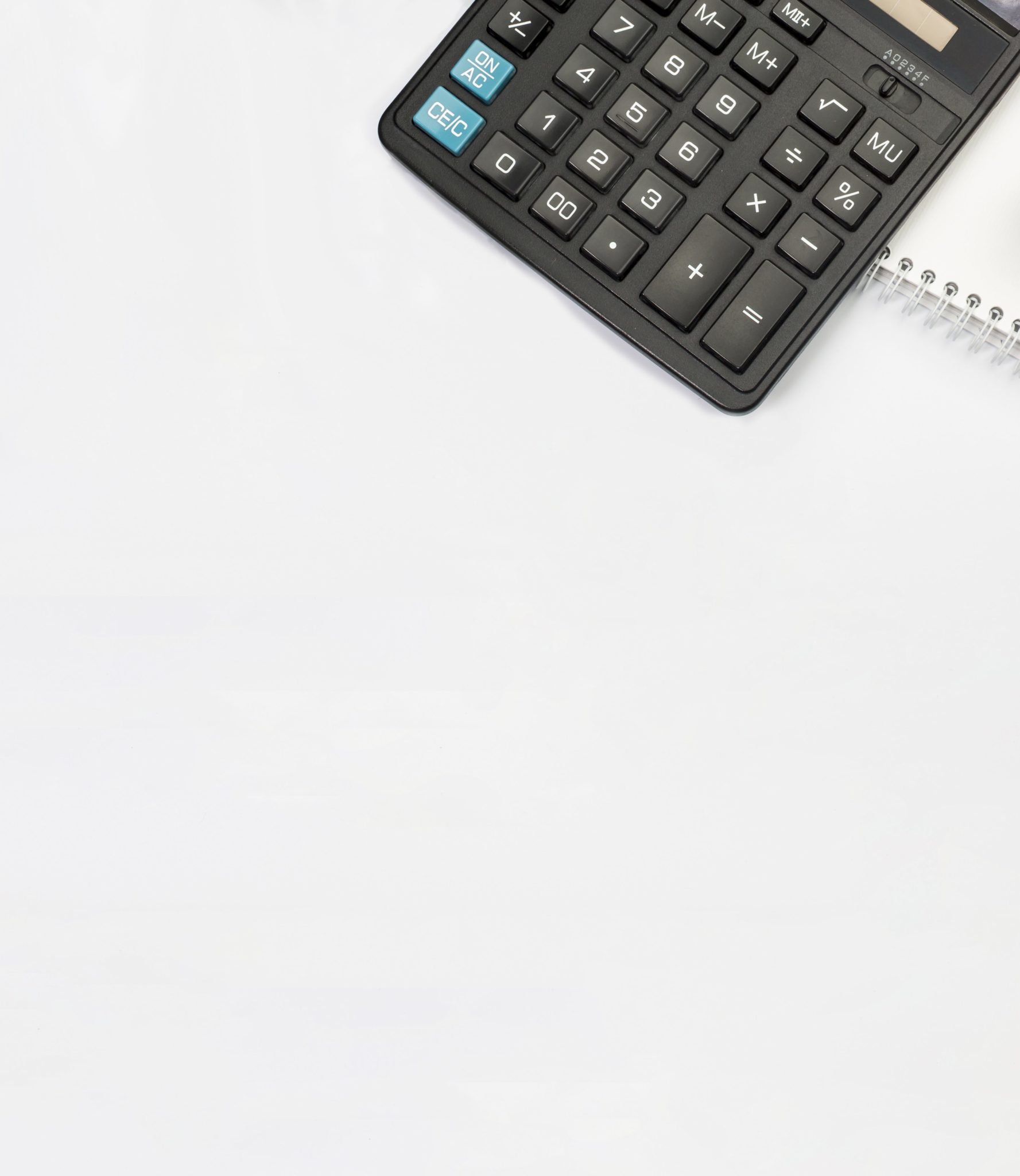
Did you happen to forget declaring your crypto holdings in your tax declaration? Until the end of 2025, the chances of facing any consequences as a private crypto holder are pretty slim. However, starting from 2026, tax authorities in Switzerland will gain access to information that was previously off the radar. That means they’ll have a much better shot at uncovering crypto that wasn’t reported in past tax declarations.
Break the rules, and you could land yourself in serious trouble—think late payment interest of 5% annually, fines, and other penalties. To make matters worse, even inconsistencies in your old tax declarations might get flagged, since back taxes can be claimed retroactively for up to 10 years.
Let’s take a quick look at what’s changing, how the tax authority could spot non-compliance, and—most importantly—how you can avoid mistakes in your tax declaration.

Are Cryptocurrencies subject to mandatory taxation in Switzerland?
In Switzerland, crypto holdings must be declared in your tax declaration, and yes – they are subject to certain taxes. Although there’s already a legal requirement in Switzerland to declare crypto holdings in your tax declaration, it’s still up to each individual to report their crypto assets correctly. That’s mainly because, for now, the tax authorities don’t automatically receive any information from crypto exchanges — neither from Swiss platforms nor from foreign ones. Nevertheless, if any inconsistencies or tax evasion are discovered by the Swiss tax authorities, you could face heavy penalties.
What are the penalties for late or non-disclosure of crypto?
Facing a penalty heavily depends on the reasons for the late submission or non-disclosure of crypto in tax declarations, which usually fall into two categories depending on intent:
Accidental omission on the tax declaration
If you accidentally forgot to report some crypto holdings, or gains, this isn’t automatically considered tax evasion in the criminal sense — as long as there was no intentional cover-up and the disclosure is voluntary. Basically, in Switzerland, you can make a one-time self-report to fix your tax declaration before the tax authorities catch it. In this case, you won’t have to pay a fine, but back taxes plus interest will still apply.
Intentional concealment
If you purposely don’t declare your cryptocurrencies, this can be seen as tax evasion. Typical consequences include:
- Fines
- Back taxes (going up to 10 years retroactively)
- Late payment interest (calculated on the owed amount for the entire period during which the tax was unpaid)

** calculated on the owed amount for the entire period during which the tax was unpaid

Keep in mind
Imposing penalties for failing to declare cryptocurrency in tax declarations is still relatively rare nowadays. This is largely because tax authorities have limited access to crypto-related data and typically do not investigate deeply unless there is a clear indication of tax evasion. Only in cases of reasonable suspicion can they launch investigations within their legal scope or request international assistance.
How Swiss Tax Authorities are currently monitoring Crypto?
Tax authorities still face certain limitations when it comes to investigating the crypto holdings or transactions of private individuals. However, the range of tools they already have at their disposal is pretty impressive.
Bank Transfers & Lifestyle Checks
- If you’re receiving large CHF or EUR transfers from crypto sales into your bank account, that might raise a red flag.
- If your lifestyle or bank activity doesn’t match your declared income or assets, the tax authority can request proof or explanations.
Blockchain Analysis Tools
- Tax authorities are already using tools like Chainalysis or Elliptic to analyze wallet activity and transactions on public blockchains.
- If a wallet can be linked to your identity — e.g. via an exchange deposit from your bank account — tracking it back to you becomes technically possible.
Third-Party Clue
- Crypto ownership can also come to light in situations like: Divorces, Inheritances, Legal disputes. In these cases, third parties might reveal that someone holds crypto assets.
International Data Sharing & Exchanges
- If you’ve ever bought crypto on a regulated exchange (like Binance, Swissquote, etc.) and verified your identity, these platforms may be required to share your data with tax authorities.
- Through global systems like AIA/CRS, many countries now automatically exchange tax-related information.
For now, digging into a person’s crypto history takes a lot of time and effort. Most relevant data is still hard to access unless there’s a clear trigger or suspicion. Basically, the odds are high that your previous small non-declared crypto holdings won’t be found out. Nevertheless, starting from 2026, Swiss tax authorities will gain access to information that was previously off-limits. That means: Failing to declare your crypto will carry much higher risks than before.
Keep in mind
Crypto monitoring from 2026: What will change?
Until now, the information on crypto transactions was only shared upon request. Starting in 2026, Switzerland will implement the Crypto-Asset Reporting Framework (CARF) — a new global standard for the automatic exchange of crypto-related information. As a result, the Swiss tax authority will receive such information automatically. This is why many experts are concerned that the original idea behind crypto — anonymous, decentralized transactions — will take a serious hit, while inconsistencies in tax declarations from previous periods might be easily discovered.
What does this mean in practice?
- Crypto exchanges, wallet providers, and brokers covered by the new rules will be required to automatically report tax-relevant data to the authorities.
- This also applies to many foreign platforms.
What kind of data will be shared?
- Name and country of residence of users
- Type and quantity of tokens held or traded
- Transaction volumes, inflows and outflows
What are the benefits of the reform?
- More tax fairness as the same rules will apply to digital assets as to traditional investments.
- Less room for tax evasion.
What’s the criticism?
- Loss of anonymity
- Data privacy concerns, as a lot of sensitive financial data could be exposed to the risk of hacks.
- More complexity for users, since keeping track of multiple wallets across different platforms is prone to mistakes when declaring them.
How to declare Cryptocurrencies in your Swiss Tax declaration correctly?
Basically, your crypto assets may be subject to two types of taxes in Switzerland:
- Always – Annual wealth tax on your crypto holdings, levied by cantons and municipalities.
- Sometimes – Income tax on capital gains, but only under specific conditions.
Wealth tax on crypto
In Switzerland, cryptocurrencies must always be declared as assets in the wealth section of the annual tax declaration by private individuals, regardless of whether they were sold or held — based on their value at the end of the year. For the most common cryptocurrencies, the Swiss Federal Tax Administration (ESTV) publishes an official end-of-year reference rate. This is calculated using the average prices from various crypto exchanges
Keep in mind
Income tax on crypto
For most private individuals, profits from crypto trading (buying and selling) have no impact on income tax. In other words, if you buy crypto and later sell it at a profit, that gain is usually tax-free. On the other hand, capital losses from crypto cannot be included as tax deductions.
But — if your activity is classified by the tax authority as professional trading, then any profits you make are subject to income tax and must be declared as income in your tax declaration.
Criteria for professional trading activity typically include components such as:
- use of leverage
- high trading frequency
- high proportion of income derived from trading activities etc.
Just one of these factors alone doesn’t automatically make you a professional crypto trader in the eyes of Swiss tax authorities. They always look at the overall picture. However, if you truly are one, you must fill in your tax declaration appropriately.
Need professional support with preparing your tax declaration? Our specialists are here to assist you anytime.





Leave Comment